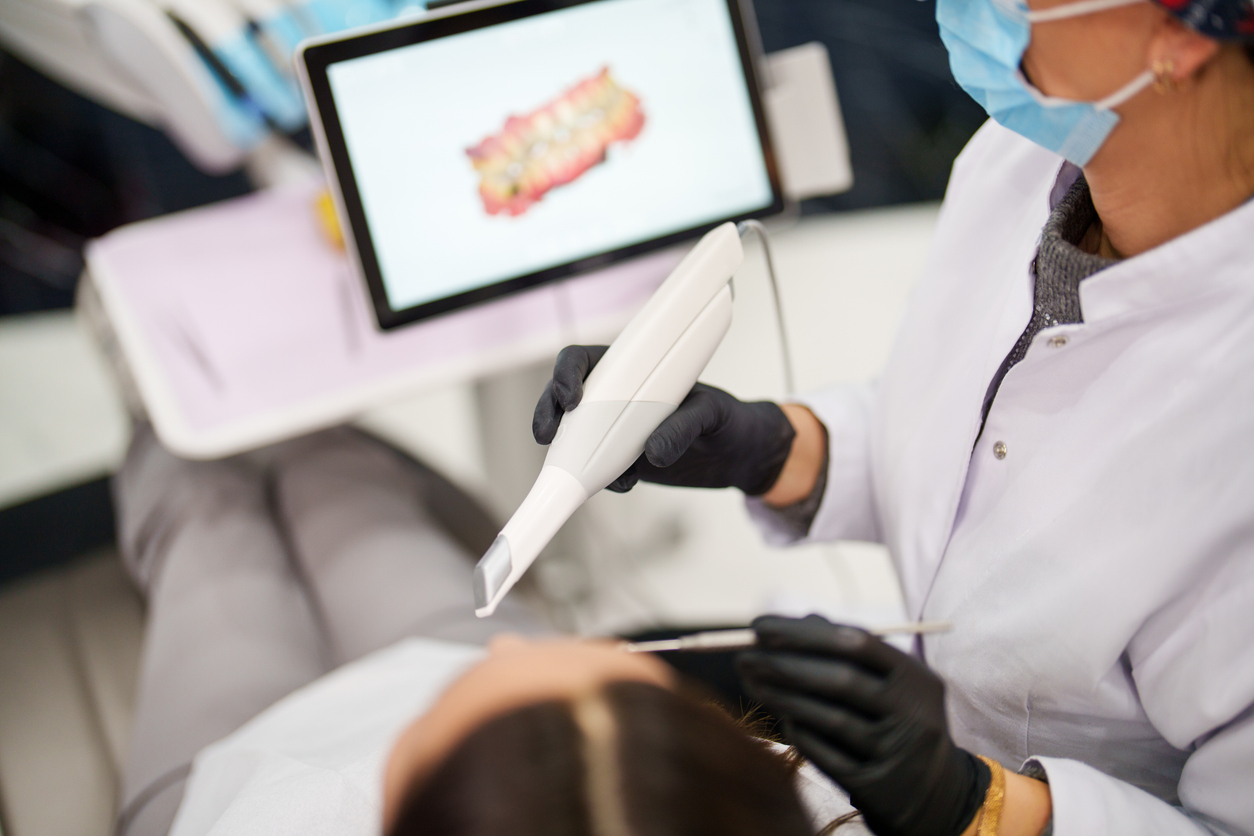What does the procedure involve?
Two appointments in our dental spa are typically required to complete your crown treatment.
We first ensure that the internal structure of the tooth is intact and that there are no signs of infection present. We prepare your tooth by making the necessary structure reductions, which creates space for your crown to be fitted on the top.
We take digital scans of your teeth, which are sent to a specialised dental laboratory so your custom crown can be made. We also make a note of the colour of your natural teeth so your crown matches them perfectly. We fit a temporary crown to protect your tooth between appointments.
When your dental crown is ready, we invite you for your fitting appointment. This is normally around two weeks after your first visit. We remove the temporary crown and get you to try your permanent one. If you are happy with the look and feel, and it has a good fit, we cement it firmly into place.

We were thrilled and incredibly proud that we were London Finalists for Practice of the Year at the prestigious Private Dentistry Awards 2024!







;)





